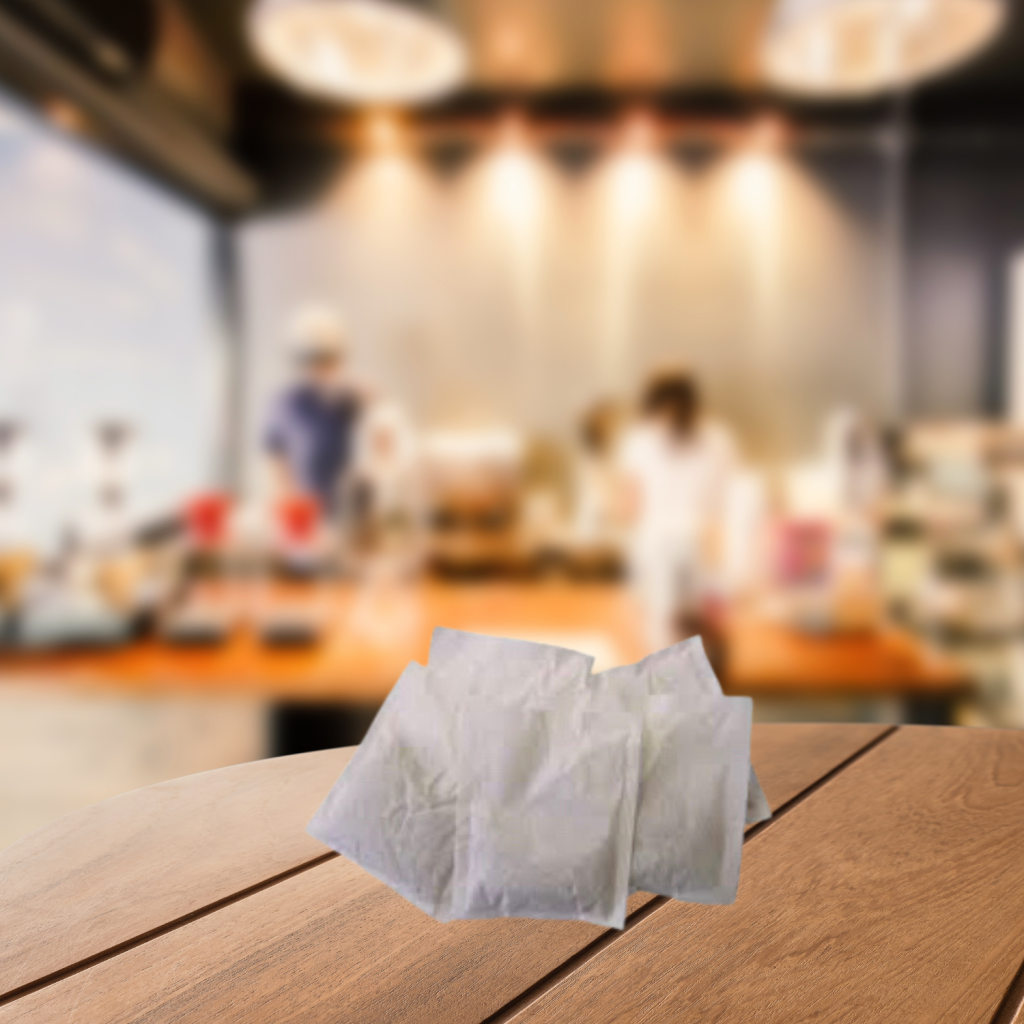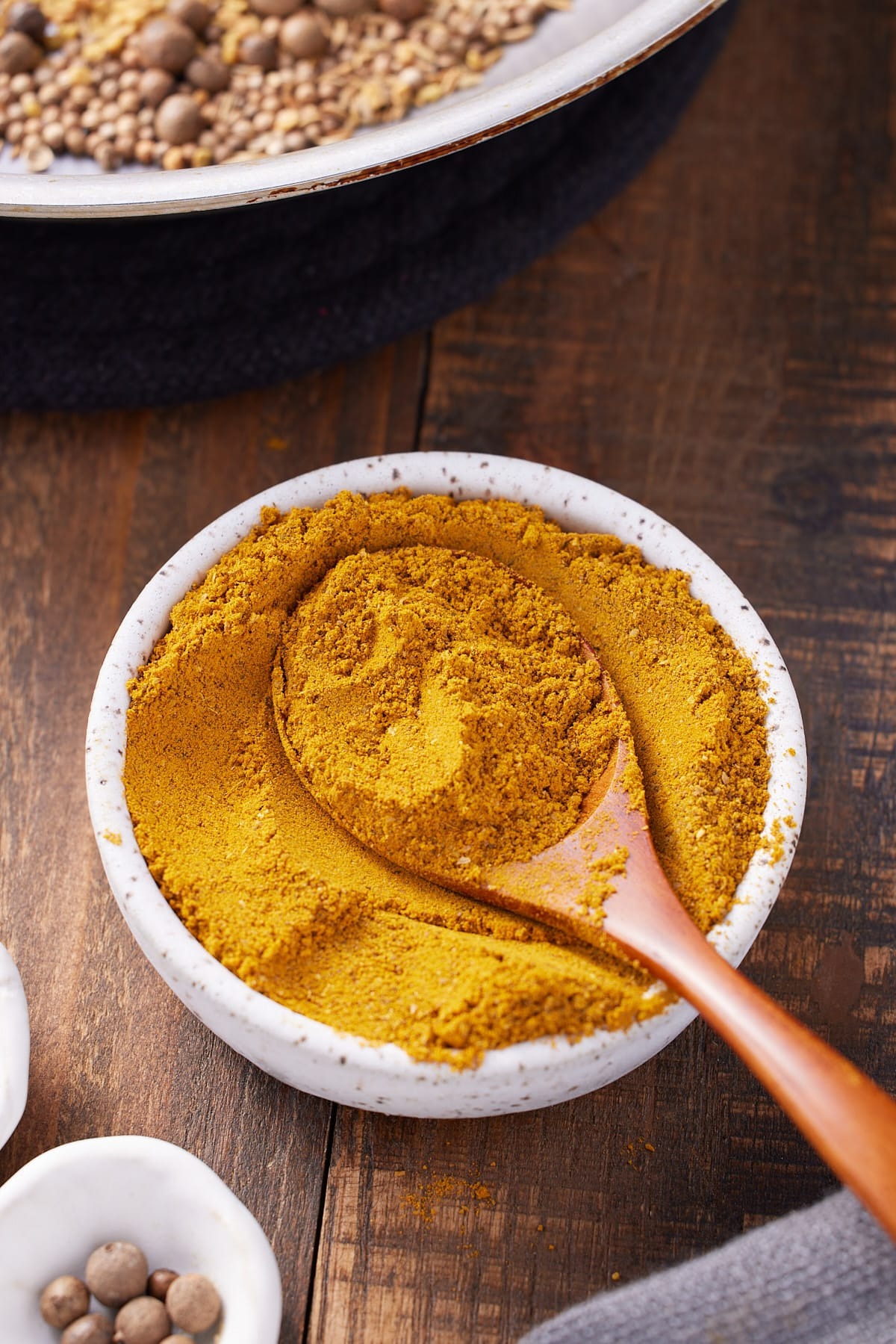
Cerasee (scientific name Momordica charantia), also known as bitter melon or bitter gourd, is a vining plant deeply rooted in traditional Jamaican and Caribbean folk medicine. While its taste is intensely bitter, its long-standing reputation as a powerful healer and “blood purifier” has made it a staple in many households. From a daily tonic to a targeted remedy, cerasee is revered for its ability to address a wide range of ailments, with its role in detoxification being particularly prominent.
The leaves and stems of the cerasee plant are most commonly used to make a potent tea. This beverage is a go-to for many in the Caribbean, particularly for cleansing the body and promoting overall well-being. Rich in vitamins A and C, iron, phosphorus, and a host of antioxidants and polyphenols, cerasee is believed to work on several fronts to help the body detoxify.
One of its primary uses for detox is as a blood purifier. The bitter compounds in cerasee are thought to stimulate liver and kidney function, the body’s main filtration organs. This stimulation helps to flush out impurities and toxins from the bloodstream, a process often referred to as “purging the blood.” This cleansing effect is believed to be beneficial for a variety of conditions, from skin rashes and eczema to headaches and fatigue.
Furthermore, cerasee is known for its diuretic and laxative properties. By increasing urine production and promoting bowel movements, it helps the body to eliminate waste more efficiently. This dual action supports the digestive system and prevents the reabsorption of toxins, making it a very effective tool for a full-body cleanse. Traditional recommendations often suggest drinking cerasee tea for a short, consecutive period, such as a “nine-night” regimen, to achieve a thorough detox.
Beyond its cleansing capabilities, cerasee is prized for many other uses. It is a popular folk remedy for managing blood sugar levels and is often used by individuals with diabetes. Its anti-inflammatory and antimicrobial properties make it a go-to for treating upset stomachs, relieving constipation, and even helping to expel parasites. Externally, a “bush bath” made from boiled cerasee leaves is traditionally used to soothe skin conditions.
While cerasee’s benefits are widely celebrated, it’s important to use it with caution and in moderation. Due to its potent nature, continuous, long-term use can potentially lead to dehydration and other side effects. As with any herbal remedy, it is always advisable to consult with a healthcare professional before incorporating it into your routine, especially if you have pre-existing health conditions or are pregnant.
| Weight | 0.3 lbs |
|---|---|
| tea-bags | 100 Tea Bags, 30 Tea Bags, 90 Tea Bags |
Explore More

Special Offer